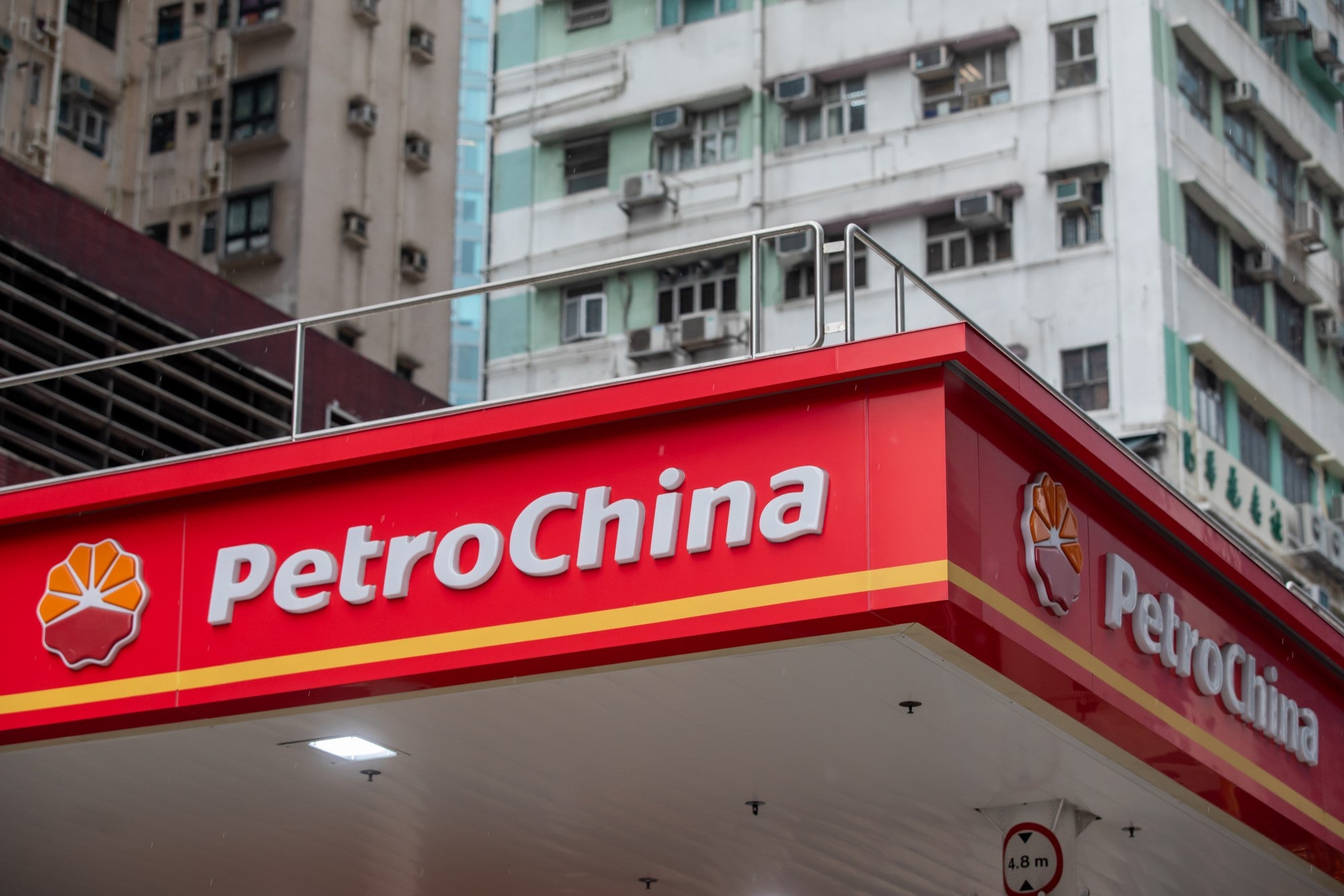
PetroChina, Asia’s largest oil and gas producer, has reported a record-high third-quarter net profit, reflecting 21% year-on-year (YoY) growth. Increased production and improving domestic fuel demand has offset lower realised oil and gas prices.
In a stock filing on Monday, the company said net profit rose to 46.38bn yuan but revenue fell 4.6% to 802bn yuan.

Discover B2B Marketing That Performs
Combine business intelligence and editorial excellence to reach engaged professionals across 36 leading media platforms.
Between January and September, crude oil output rose 4.3% to 706 million barrels, including 22% growth in overseas production to 122 million barrels. PetroChina did not specify which countries contributed to this growth.
Natural gas production was also up 6.1% to 3.66trn cubic feet.
PetroChina said: “The company seized the opportune timing of recovery in China’s macro economy and rebounds in oil and gas markets.”
The Chinese economy expanded 4.9% YoY in the third quarter despite a high comparative base in the corresponding quarter last year. According to data released by the National Bureau of Statistics earlier in October, the Chinese economy grew by 5.2% in the first three quarters of 2023. Such growth has fuelled domestic demand for PetroChina’s oil.

US Tariffs are shifting - will you react or anticipate?
Don’t let policy changes catch you off guard. Stay proactive with real-time data and expert analysis.
By GlobalDataThe Chinese company reported a realised oil price of $75.30 a barrel between January and September, down by 21% from the last year as global oil prices fell following the spike prompted by Russia’s invasion of Ukraine in February 2022.
PetroChina is also China’s second-largest refiner after Sinopec. Crude oil processing at the company rose 16.5% in the first nine months to 1.04 billion barrels, acting to meet recovering domestic fuel demand and exploiting a lucrative export business.





